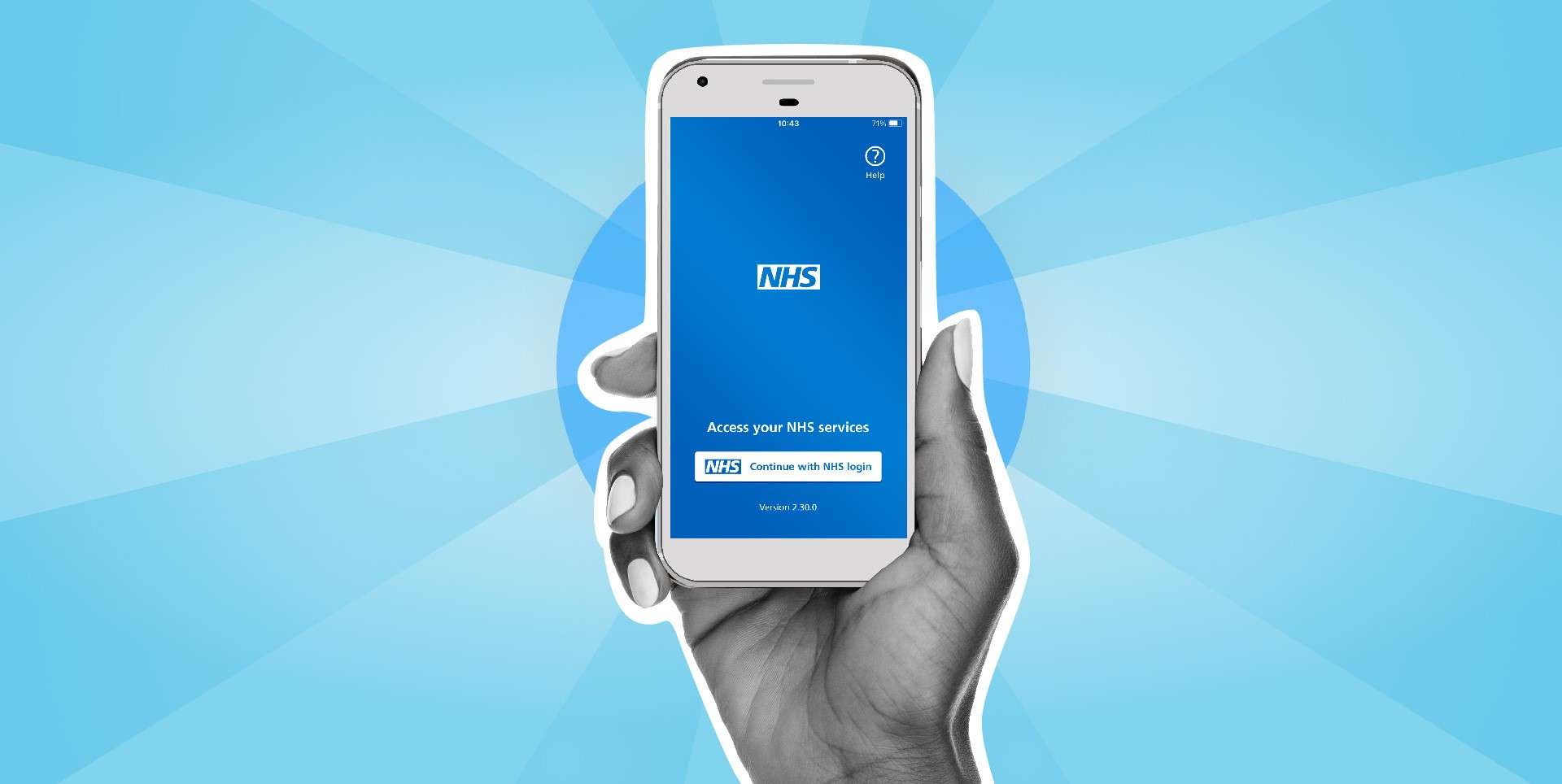Platform will enable users to search data on variants of inherited conditions
Credit: Pxfuel
The NHS has signed a three-year seven-figure deal for the provision of a national database on rare genetic diseases.
According to newly published procurement information, NHS England and Improvement – the national overarching health-service body – had been seeking a supplier that could support the delivery of a “comprehensive, searchable [and] manually curated literature-based database of germline human genomic variants and their relationship with human disease”.
A three-year contract was awarded to German-based diagnostic technology specialist Qiagen. The deal, which is expected to be worth almost £1.4m, runs for the entirety of the 2022 to 2024 calendar years.
A budget of £2.2m was initiall set out but, during the tender process, the NHS said that “due to budget pressures expected to impact over the term, we expect for costs submitted to demonstrate a significant reduction upon the forecast, reflecting the stability offered by a three-year term”.
Related content
- NHS Digital takes over cancer patient database
- AI will save lives of 22,000 cancer patients a year, prime minister announces
- Government puts £50m into using AI for disease diagnosis
The system to be provided by the winning bidder – which the NHS specified should offer “ease of accessibility and navigation” – is intended to allow users to “search extensively” for information on variants of rare and inherited diseases and affected genes. The platform should also “link out to peer-reviewed scientific literature” on genes and variants, as well as allowing users to download the entire database, including annotations, to be integrated into local systems.
“The successful provider will demonstrate class-leading and significant experience in the area – peer-reviewed publications illustrating utility in the diagnostic setting – and that their database is up to date and covers the breadth of the peer-reviewed scientific literature,” the contract notice said.
Qiagen indicated that more than 500,000 are affected by genetic disease, and that about 30,000 babies are born in the UK annually suffering from a genetic disorder.
The firm has previously supported work on the government project to sequence 100,000 entire genomes. The Genome UK strategy published by government in September 2020 set out an ambition to analyse five million genomes by the 2023/24 year, including the full sequencing of an additional 500,000.
Jonathan Sheldon, head of Qiagen digital insights, said that the firm’s HGMD Professional (Human Gene Mutation Database) product – that will be provided via the contract – “offers users a digital encyclopedia of peer-reviewed genetic information,
“[We are continuously striving to deliver valuable molecular insights and clinical bioinformatics solutions that will enable predictive, preventative, and personalised care with confidence, and that improve patient outcomes,” he added.




